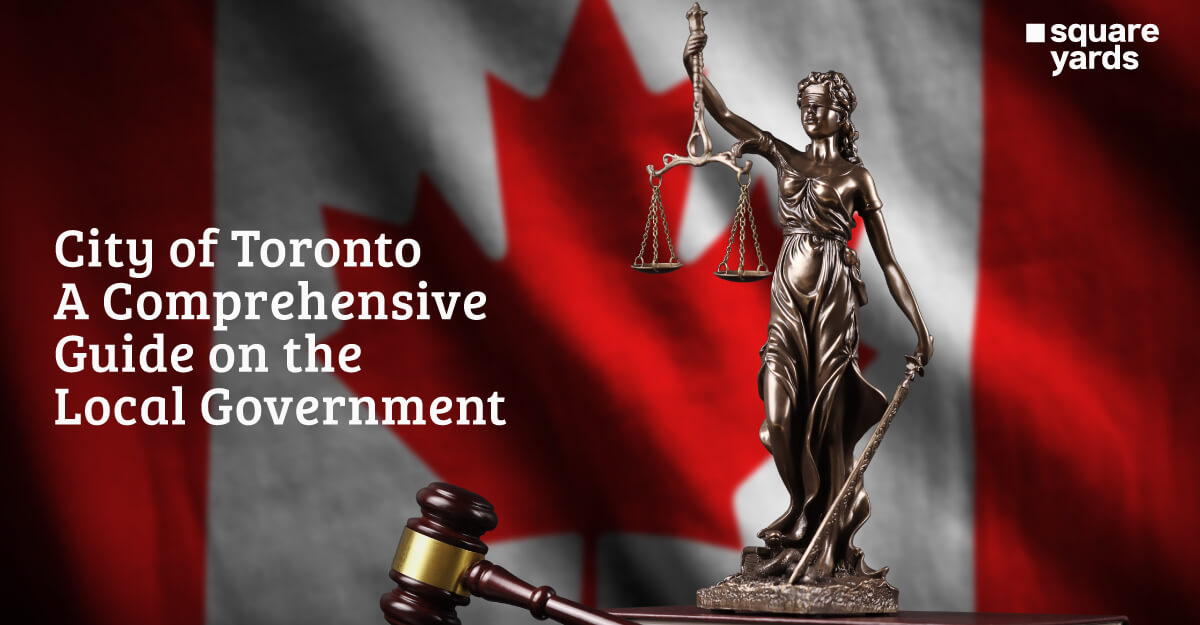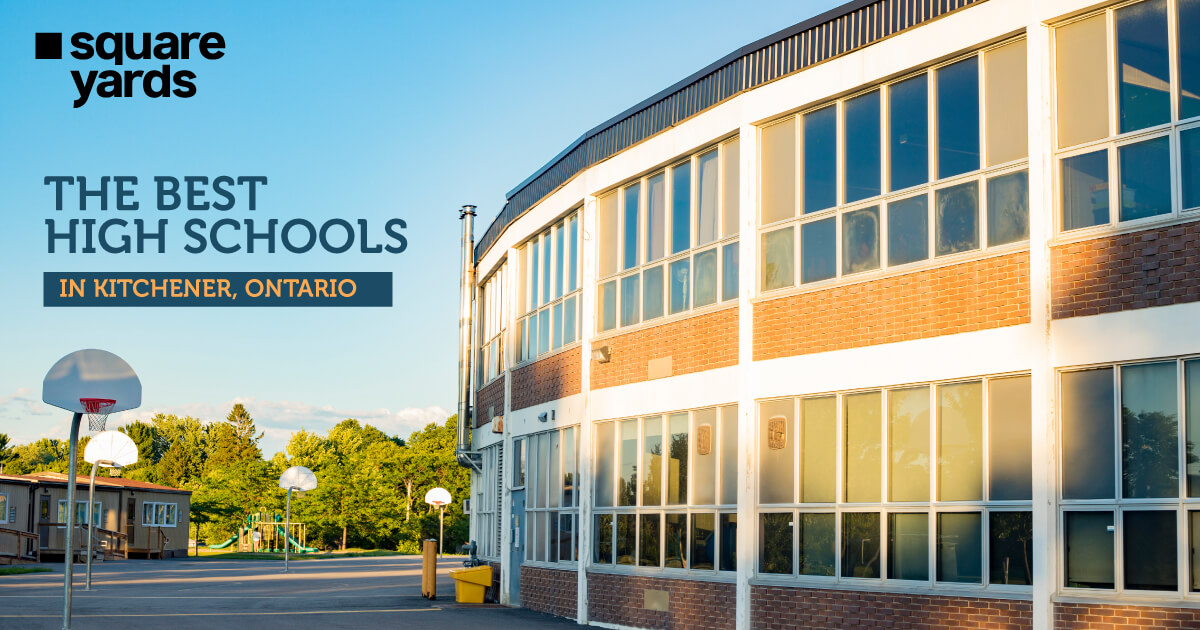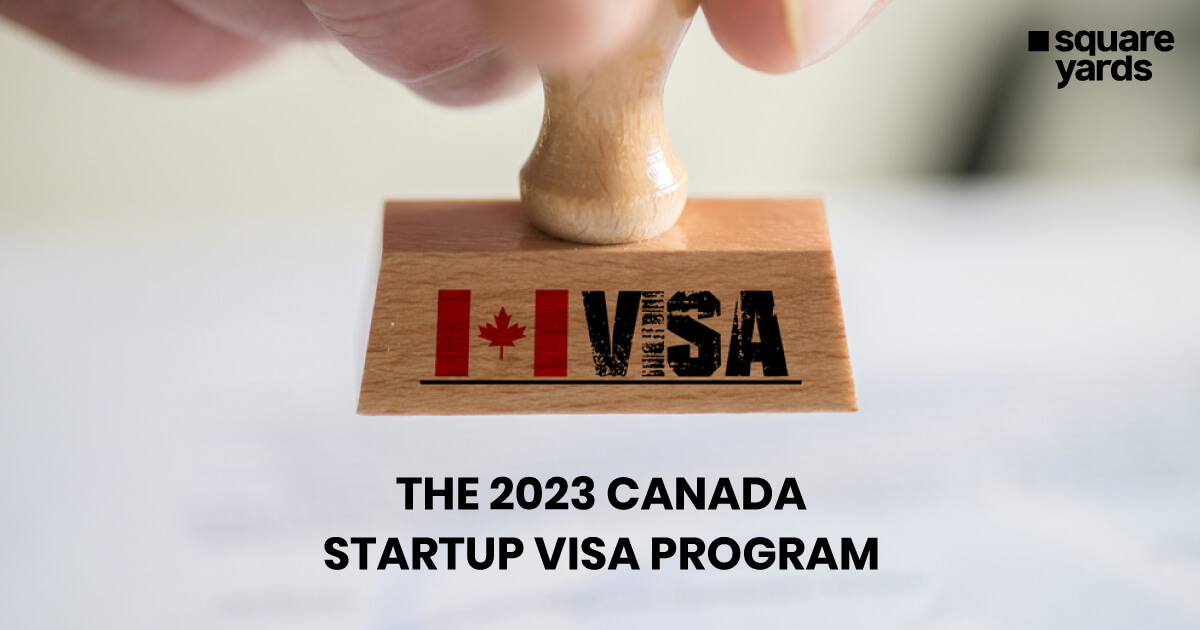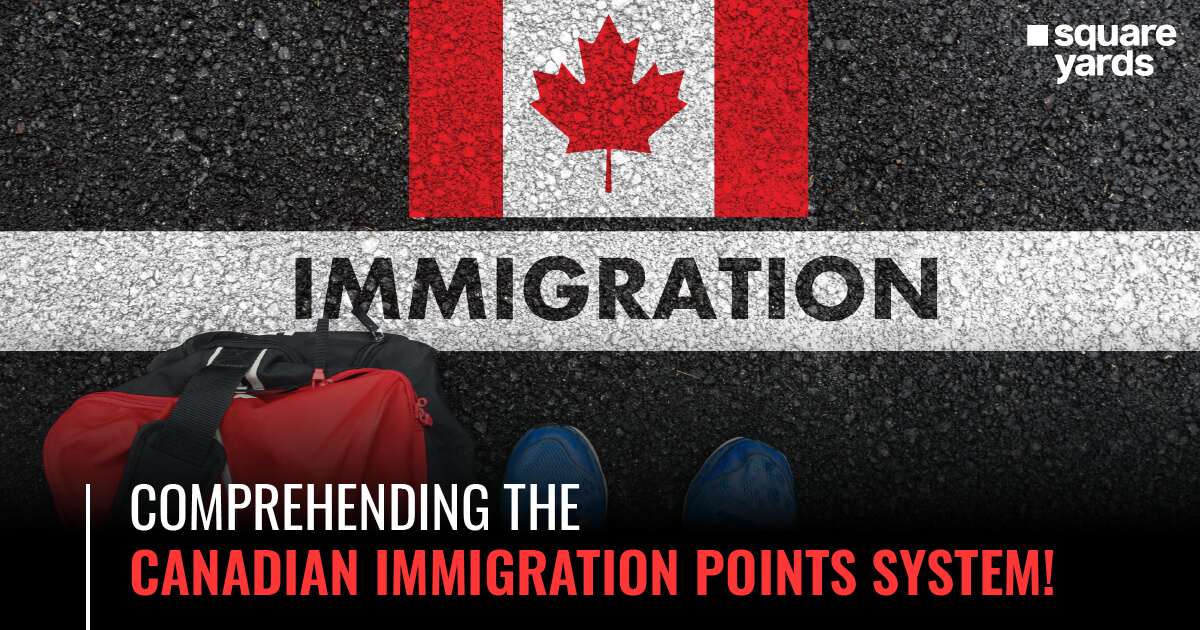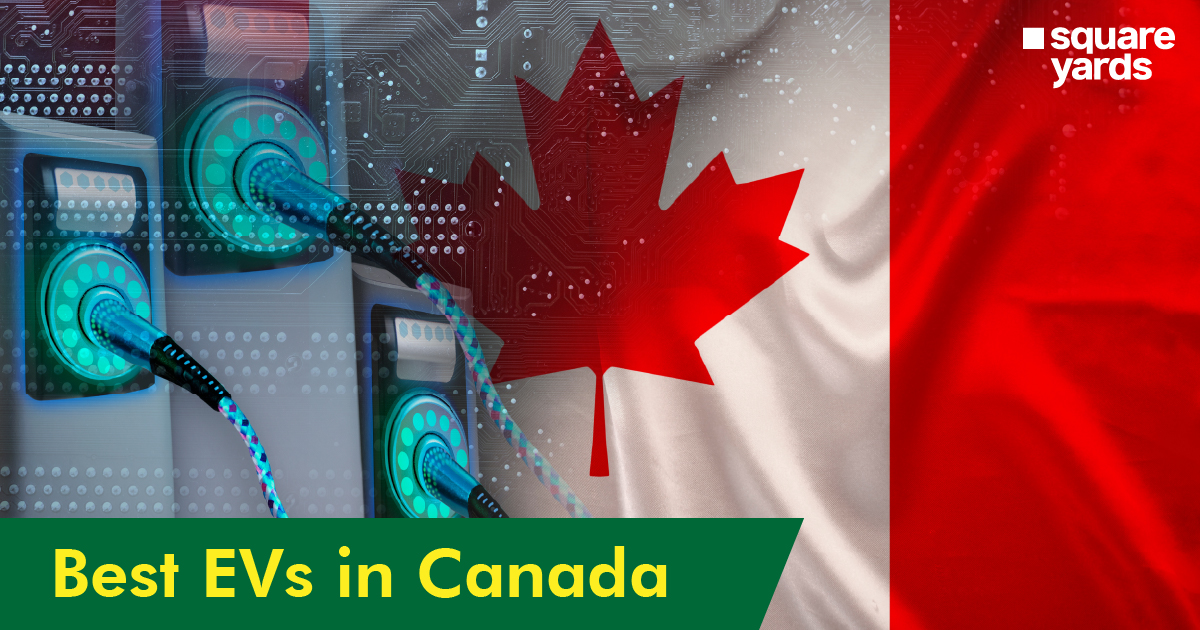Toronto’s local government oversees the needs of millions of Canadian residents. At the ground level, Canada features the Toronto City Council, the governing body of the City of Toronto in Ontario. the local government, commonly referred to as the municipal government, is the City of Toronto in Canada. There are also federal and provincial governments in Canada that have specific responsibilities. Although the duties at each of these levels vary, they frequently cooperate. Services offered by the City of Toronto directly affect the daily lives of Canadian citizens. this blog entails every detail about the Toronto city council and the Toronto government services and programmes offered to its residents.
Municipal, Federal and Provincial Governments
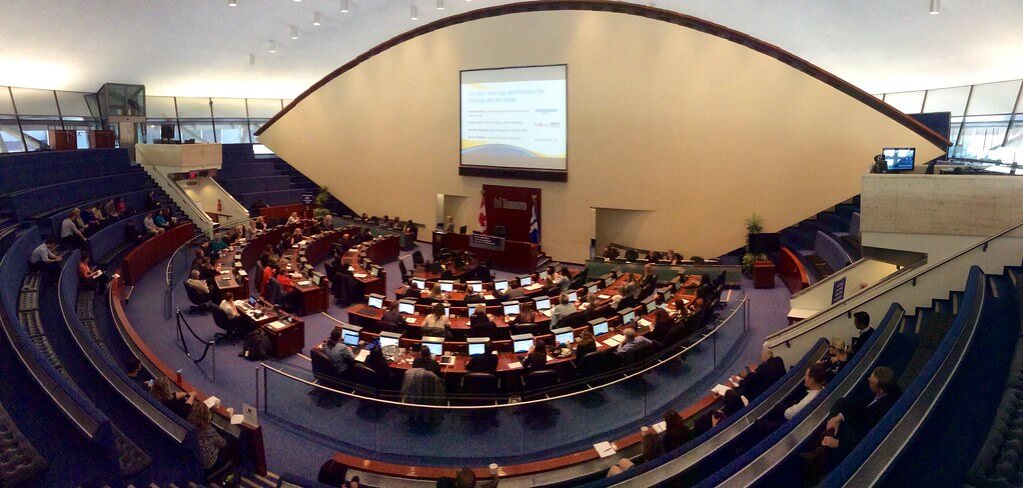
-
Municipal Government
The municipal government of Toronto is responsible for the day-to-day management of the city, including providing services such as garbage collection, water, and sewer services. It is also responsible for local planning and development, including building permits and zoning regulations, as well as for the maintenance of public spaces and parks. the municipal government serves the city of Toronto and its surrounding areas. It is the largest city in Canada and has a population of over 2.7 million people. The Toronto government comprises three branches – the executive, legislative and judicial.
The Executive branch is headed by the mayor, who is elected every four years. The mayor is responsible for setting the city’s policies and direction and overseeing the city’s day-to-day operations. John Tory is the current mayor of Toronto. The mayor is also a member of the Toronto City Council, composed of 25 elected council members. the Legislative branch of Toronto’s government is the Toronto City Council. The City Council is responsible for initiating and passing laws and regulations for Toronto and its residents.
The Judicial branch of the Toronto government comprises courts. These courts resolve disputes between individuals, businesses, and the city. The local Toronto government is responsible for providing services to its citizens, such as public housing, health care, transportation, and public safety. It also manages the city’s parks, libraries, and other public facilities.
-
Federal Government
The federal government of Toronto is responsible for matters of national importance, such as the Canadian Armed Forces, foreign trade, taxation, currency, citizenship and immigration. It also administers programs shared across the country, such as health care, pensions, and employment insurance.
-
Provincial Government
The provincial government of Toronto is responsible for areas of law and policy within provincial jurisdiction, such as health care, education, transportation, and housing. It is also responsible for managing natural resources and providing services such as driver’s licenses and vehicle registrations.
Information on the City Council in Toronto
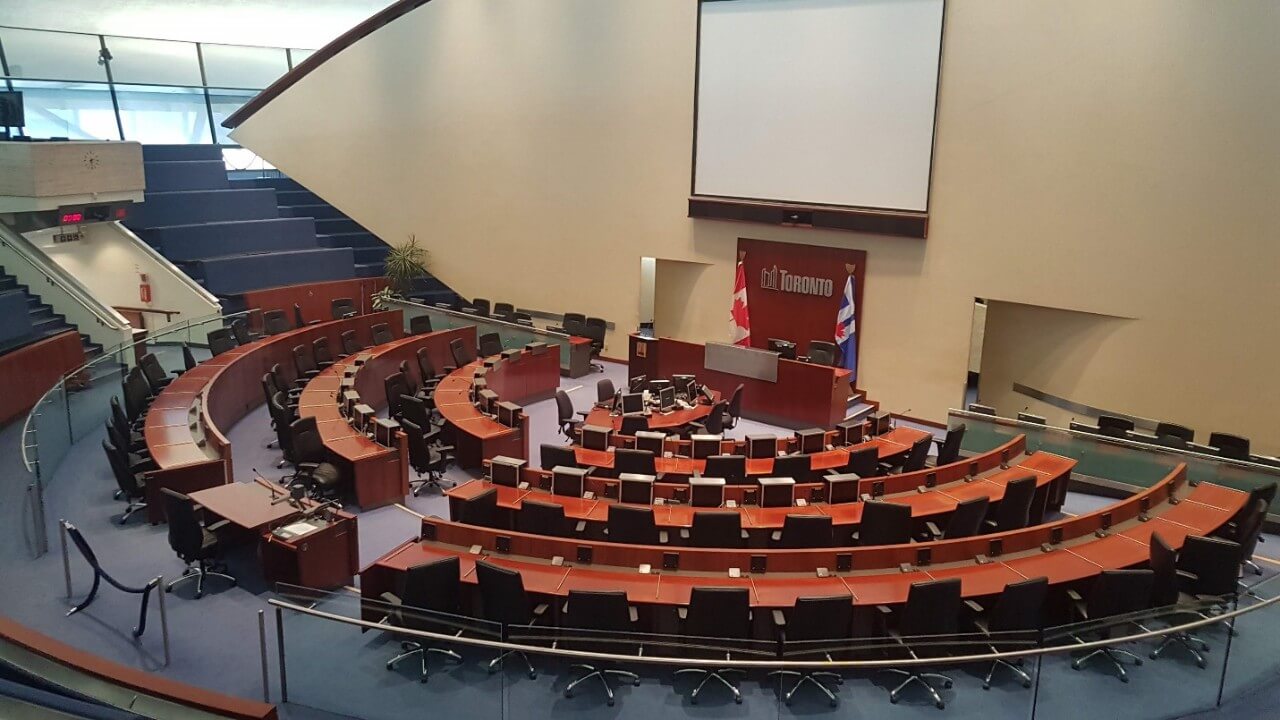
The City Council of Toronto comprises the Mayor of Toronto and 25 City Councillors representing 25 wards throughout the city. Council members and the Mayor are not appointed to represent a particular party’s politics. Every Council member is free to cast their vote however they see fit and is unbiased. the Mayor of Toronto is the City’s Chief Executive Officer and is responsible for the overall vision and leadership. The Mayor oversees the city’s day-to-day operations and works with the City Manager to ensure the city is efficiently and effectively run. The Mayor also serves as the Chairperson of the Executive Committee and is an ex-officio member of all Toronto city council committees and all other city boards.
The Toronto city council members are representatives of Toronto’s citizens and are responsible for making decisions on behalf of their constituents. Council members have the power to debate and pass legislation, set the city’s annual budget, and make appointments to city boards and agencies. They are also responsible for setting the city’s overall direction and representing the interests of the citizens of Toronto.
Council members interact with locals, companies, and community organisations to discuss city programmes and services and to hear their concerns. The council members have numerous responsibilities, such as –
-
- Attend and participate in committee and city council sessions
- Serve on municipal corporations and agencies boards
- Initiate modifications to the rulings of the City Council
- Proposing resolutions to suggest measures or increase public awareness of concerns
- Host or participate in community gatherings to solicit public feedback
- Organise or participate in neighbourhood events
- Provide citizens access to city services
Some council members acquire additional responsibilities by serving as heads of committees or groups. The mayor and council members must balance the requirements of numerous communities and interests spread around the city.
-
Standing Committee and Community Council
The Toronto city council has a structure of committees to handle their duties and examine issues in greater detail. Standing committees and community councils are the two different categories of committees. Additionally, the Toronto city council maintains its responsibilities by assigning specific tasks to City boards. each committee comprises five to eight council members. Committees consult with the public and advise the city council on particular issues. The Toronto city council and associated committees hold monthly meetings throughout the year. Committee meetings are held at each cycle’s beginning and end.
City-wide concerns like parks, the budget, roads and bridges, waste and recycling, housing, infrastructure, economic development, licencing, and more are addressed by standing committees. At city council meetings, major decisions are taken regarding the concerns. There is an executive committee presided over by the mayor and four standing committees. They are –
-
- General Government and Licensing
- Economic and Community Development
- Planning and Housing
- Infrastructure and Environment
Community councils offer recommendations on matters such as traffic signals, tree removal, parking permits, fence ordinances, appointments to local boards, local planning and development applications, and more. They have the authority to execute key decisions without consulting City Council. The four community councils are Etobicoke York, Toronto and East York, North York, and Scarborough, which depict a different part of the city.
For the benefit of the Toronto city council, boards of agencies and companies oversee and manage a variety of city services. Council members and citizens who offer their knowledge and expertise to the management of the City serve on boards of agencies and corporations. The TTC, Toronto Zoo, and Toronto Hydro are a few organisations and corporations as examples. the provincial government has issued legislation in the form of the City of Toronto Act. The Act grants the city the authority to decide what the public needs regarding services and programmes and make choices.
Public Service of Toronto in Canada
The public service of Toronto is the largest municipal public service in Canada. It provides a wide range of services to Toronto citizens, including public health, transportation, waste management, housing, social services, parks and recreation, and emergency services. The public service comprises over 30,000 staff members in over 100 departments and agencies. Its mission is to serve the people of Toronto in an efficient, effective, and equitable manner. an ordinance or bylaw defining the functions of the city’s administration and City Council serves as the director for the Toronto Public Service. The bylaw outlines the professional, unbiased, and moral norms of public service.
The City Manager is in charge of the government and answers to the City Council. The duties of the city manager include –
-
- The provision of services, policy direction, and programme execution throughout all city divisions.
- Establish a single source of administrative responsibility and strategic authority for the Council.
- To foster an organisational leadership culture within the Toronto Public Service.
A chief financial officer, three deputy city managers, and the mayor assist the city manager, who is chosen by the council on the mayor’s proposal.
Access Local Government of Toronto
For its citizens, the City of Toronto in Canada offers a wide range of exceptional programmes and services. A crucial component is ensuring you understand how to use these services. the Local Government of Toronto can be accessed by visiting the official website of the City of Toronto at toronto.ca. The website provides information on the Toronto government services and programs the City offers and on City Council, committees, boards, and other elected officials. It also provides access to city news, events, and resources. Additionally, residents of Toronto can contact their local Councillor or Member of Parliament for assistance with local issues.
Discover what’s happening in the city, and learn about the new Toronto government services and programmes through the City of Toronto website. One can contact 311 to get information, which is an extremely helpful resource.
-
- Toronto Website – toronto.ca
- Contact Number – 311
- Twitter – @311toronto
Toronto Area – Wards
Toronto is made up of 44 wards, which are divided into areas based on geographic location and population size. The wards are represented by local city councillors and are responsible for providing services to their constituents. The following table is a list of the different wards in Toronto –
| Toronto Ward Profiles | |
| Ward 1 | Etobicoke North |
| Ward 2 | Etobicoke Centre |
| Ward 3 | Etobicoke-Lakeshore |
| Ward 4 | Parkdale-High Park |
| Ward 5 | York South-Weston |
| Ward 6 | York Centre |
| Ward 7 | Humber River-Black Creek |
| Ward 8 | Eglinton-Lawrence |
| Ward 9 | Davenport |
| Ward 10 | Spadina-Fort York |
| Ward 11 | University-Rosedale |
| Ward 12 | Toronto-St.Paul’s |
| Ward 13 | Toronto Centre |
| Ward 14 | Toronto-Danforth |
| Ward 15 | Don Valley West |
| Ward 16 | Don Valley East |
| Ward 17 | Don Valley North |
| Ward 18 | Willowdale |
| Ward 19 | Beaches-East York |
| Ward 20 | Scarborough Southwest |
| Ward 21 | Scarborough Centre |
| Ward 22 | Scarborough-Agincourt |
| Ward 23 | Scarborough North |
| Ward 24 | Scarborough-Guildwood |
| Ward 25 | Scarborough-Rouge Park |
Each of the four regions that constitute a ward has its own community council, which is composed of council members from that area.
| Toronto Community Council | Toronto Wards |
| Etobicoke York | 1, 2, 3, 5, 7 |
| North York | 6, 8, 15, 16, 17, 18 |
| Toronto and East York | 4, 9, 10, 11, 12, 13, 14, 19 |
| Scarborough | 20, 21, 22, 23, 24, 25 |
Decision-Making Process
The decision-making process is followed by the members of the City Council of Toronto is a complex one. Generally, the process begins with the introduction of a motion by a member of the council. This motion is then debated and discussed by the council members, and a vote is taken. Depending on the type of motion, it may require a two-thirds majority vote to pass. The motion is then forwarded to the City Manager or the appropriate City department for implementation if passed. the City Manager or department then implements the motion and reports to the Council. The Council may make further amendments or modifications to the motion before it is finally approved and implemented.
Members of the Council, statements from advisory bodies, agencies, businesses, and city staff contribute issues, ideas, and suggestions to the decision-making process. One can attend public consultations held by city employees to learn more and voice opinions. Following that, issues are discussed at a standing committee or community council meeting. One can verbally express their views to the committee members at a meeting or in writing. the community councils can occasionally make an ultimate decision. A suggestion is sent to City Council for other matters. Committee and community council recommendations are taken into consideration by the City Council. Additionally, significant new business from council members or city employees could be brought straight before the city council.
The City Council sessions can be viewed on television, streamed online, or in person. City Council can make a final judgement or acquitting the matter to a committee for clarification. They can adopt a bylaw to affirm the decision after it has been decided. The city staff then implements the decision. This enables the general public to voice their opinions on policies and services directly to the employees and council members or by calling 311.
You May Also Read :
| Know About Canadian Immigration Agents | Canadian Immigration Agents |
| Guide To Pros and Cons of Living in Canada | Pros and Cons of Living in Canada |
| Everything About Nexus Card Canada | Nexus Card Canada |
| Guide To First Home Savings Account | First Home Savings Account |
Frequently Asked Question (FAQs)
The City of Toronto is governed by the Toronto City Council, composed of the Mayor, Councillors, and the City Manager. Currently, the mayor of Toronto is John Tory.
Toronto City Councillors are responsible for making decisions on behalf of their constituents on issues affecting their ward and the City of Toronto as a whole. This includes decision-making on the City’s budget and services and debating and voting on issues such as the environment, transit, housing, public safety, and economic development. Councillors serve as a bridge between their constituents and City Hall and represent their constituents' views on City Council.
Toronto City Council comprises 26 members: the mayor and 25 councillors representing wards throughout the city.
Wards are allocated areas in Toronto, which are a crucial component of Toronto's local government structure and are at the heart of its operations. The electorate of each ward chooses one councillor to serve their interests on City Council and deal with neighbourhood and city concerns. Toronto has 25 wards which are part of the Toronto City Council. Who governs the City of Toronto?
What is the role of Toronto City Councillors?
How many members does Toronto City Council have?
What are Toronto Wards, and how many are there in Toronto?

